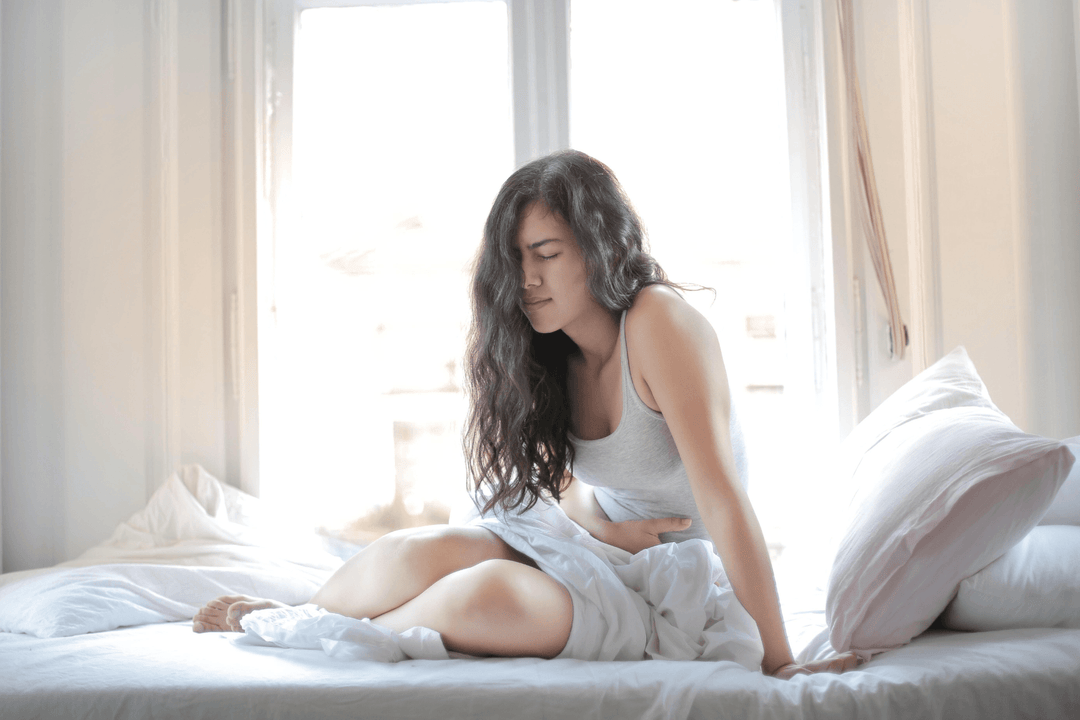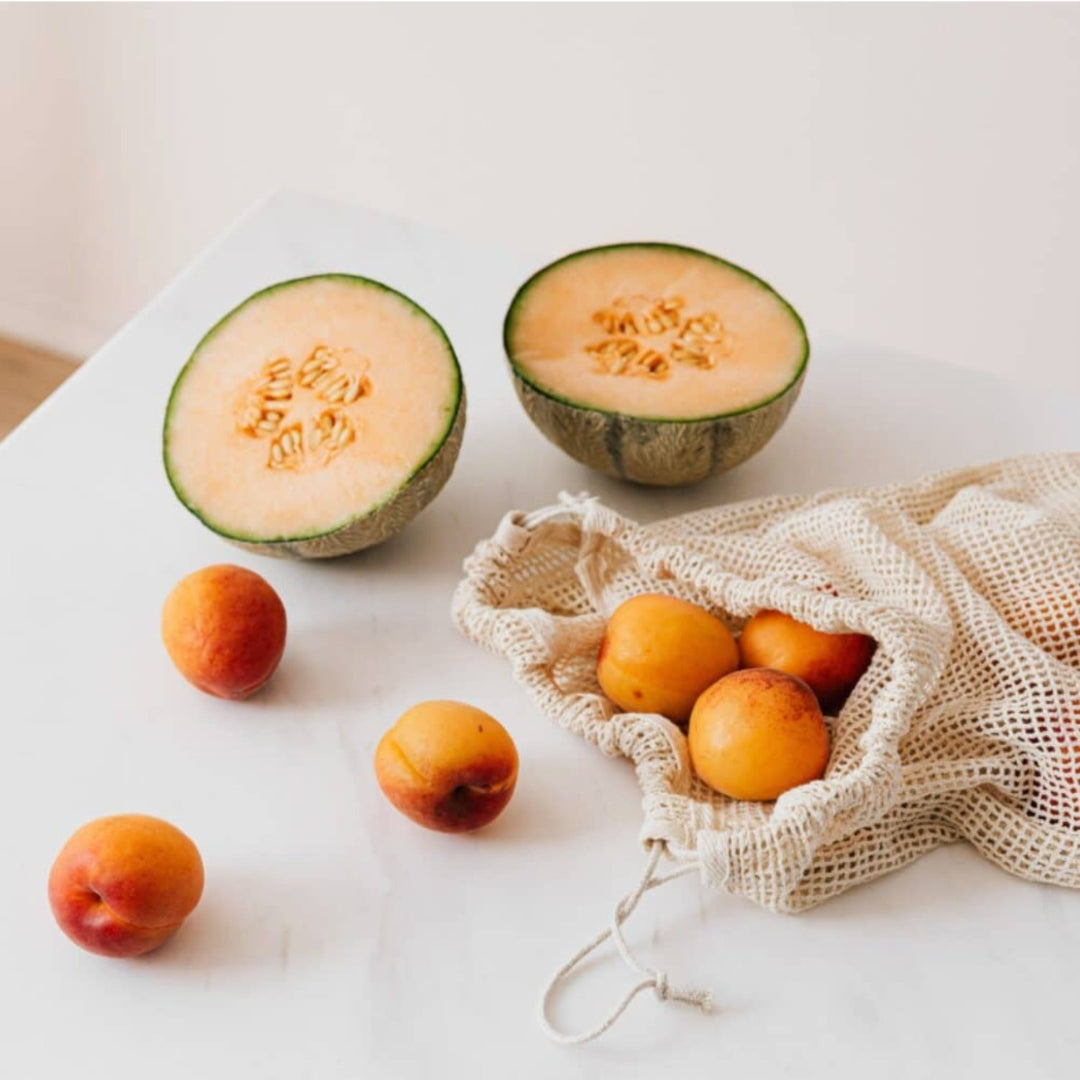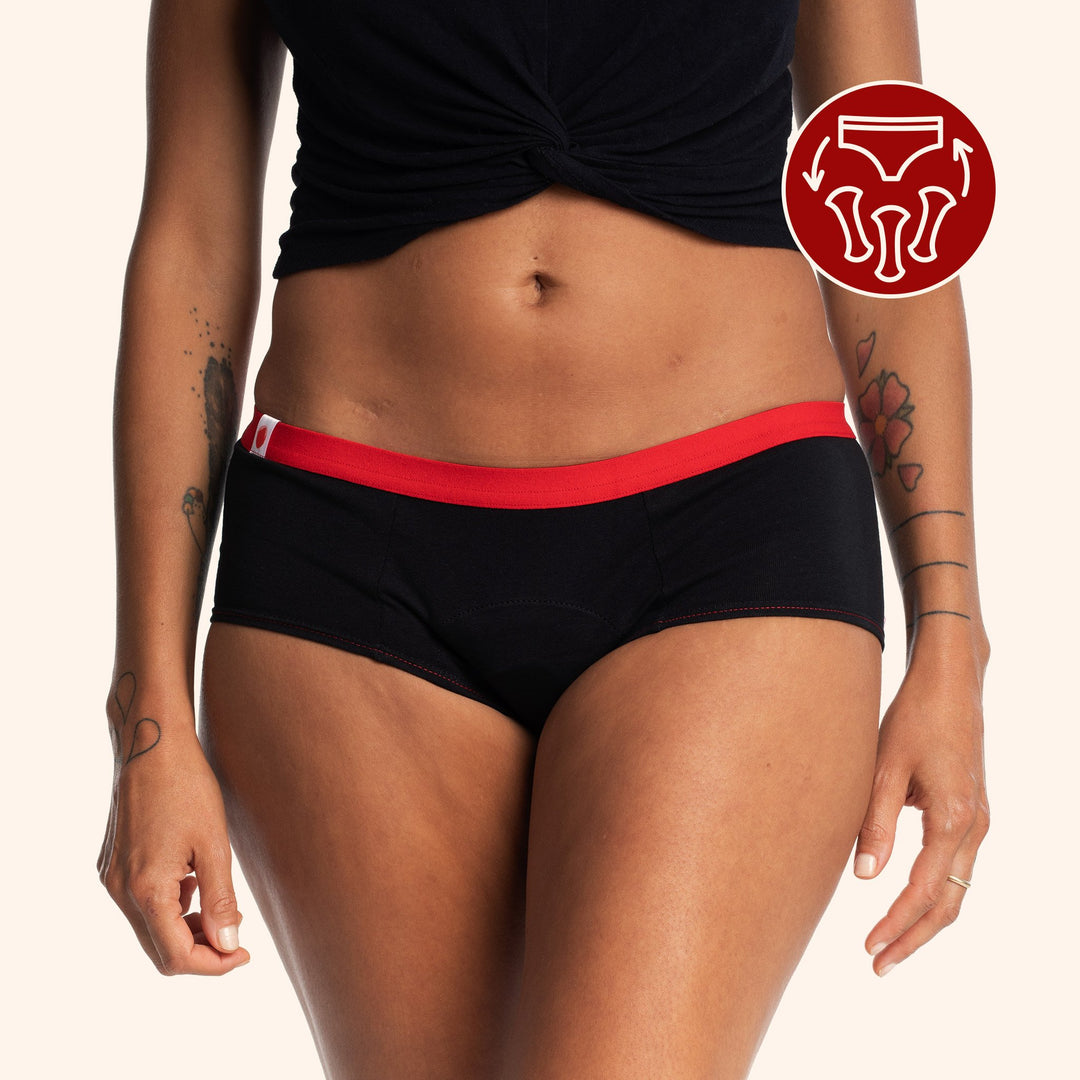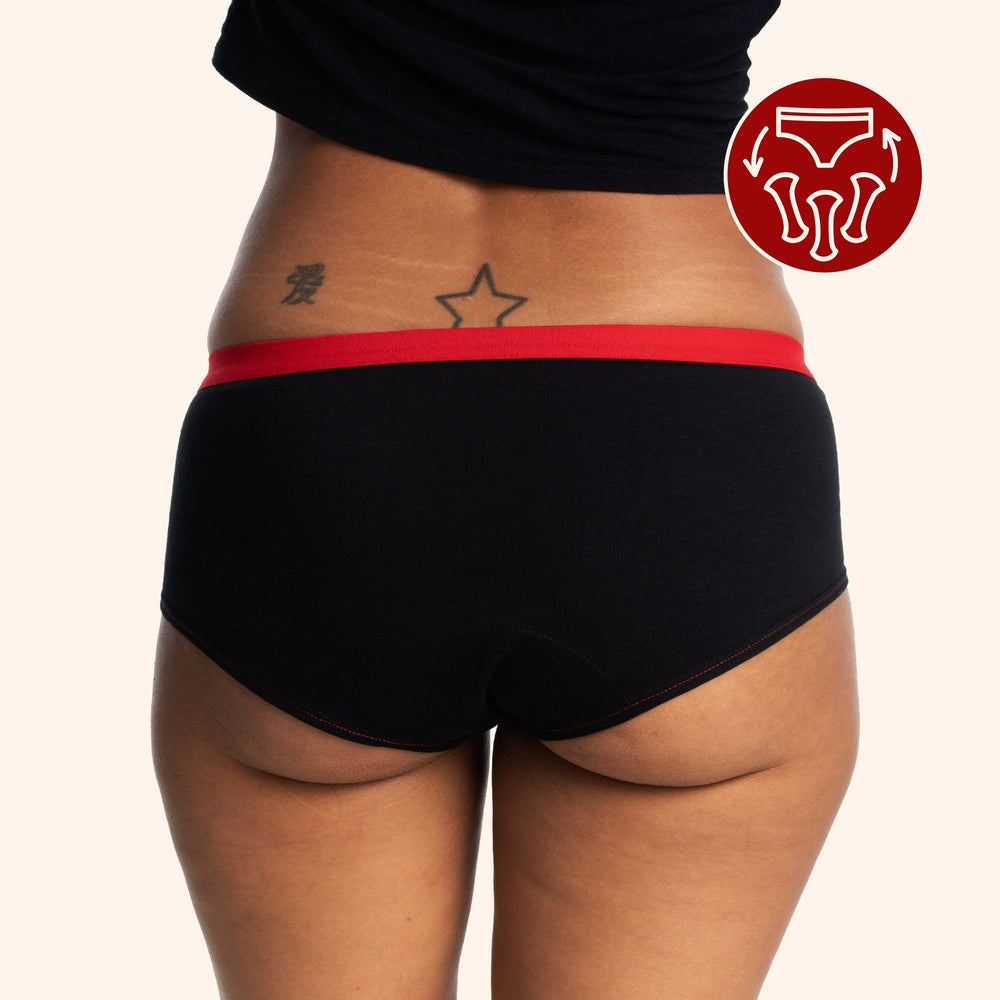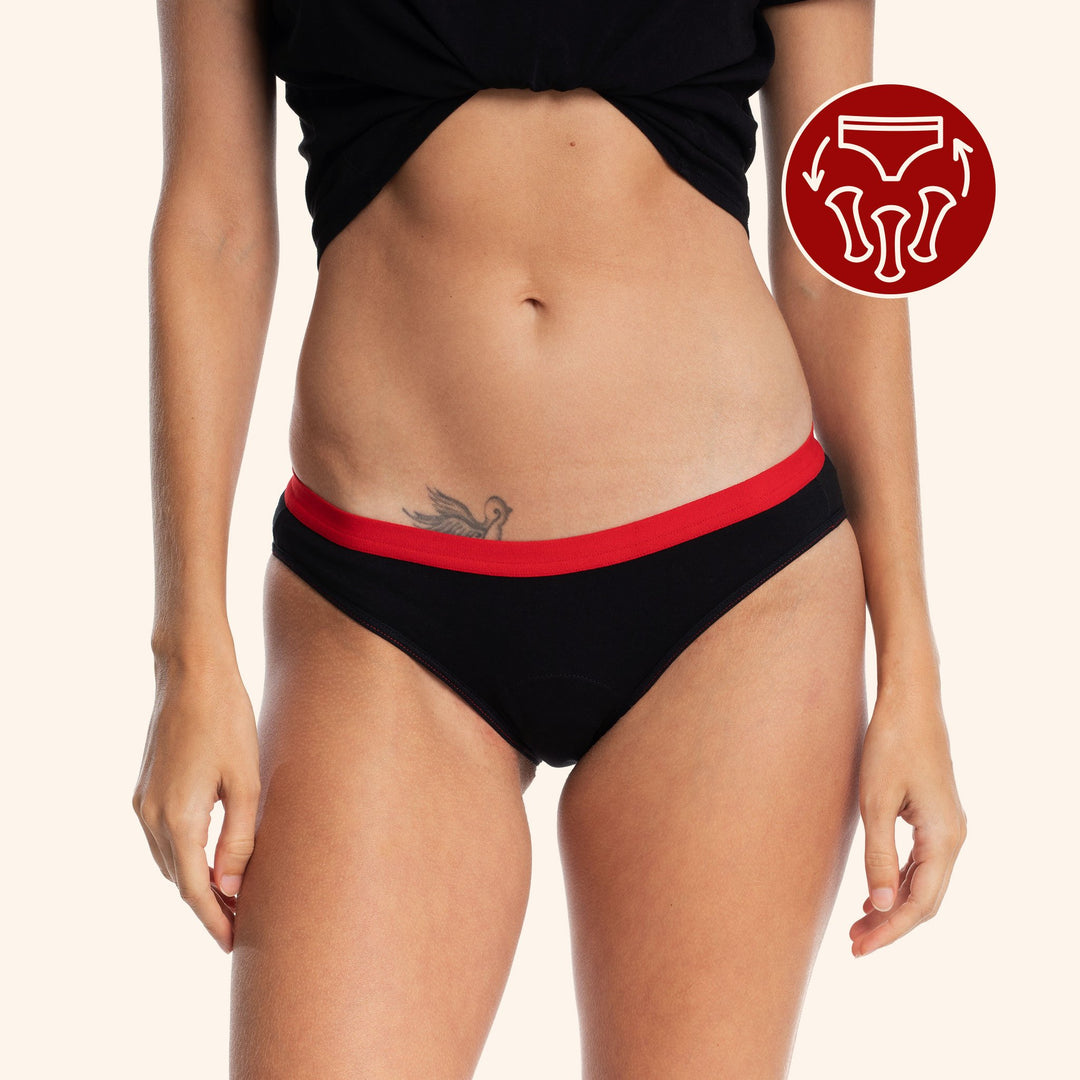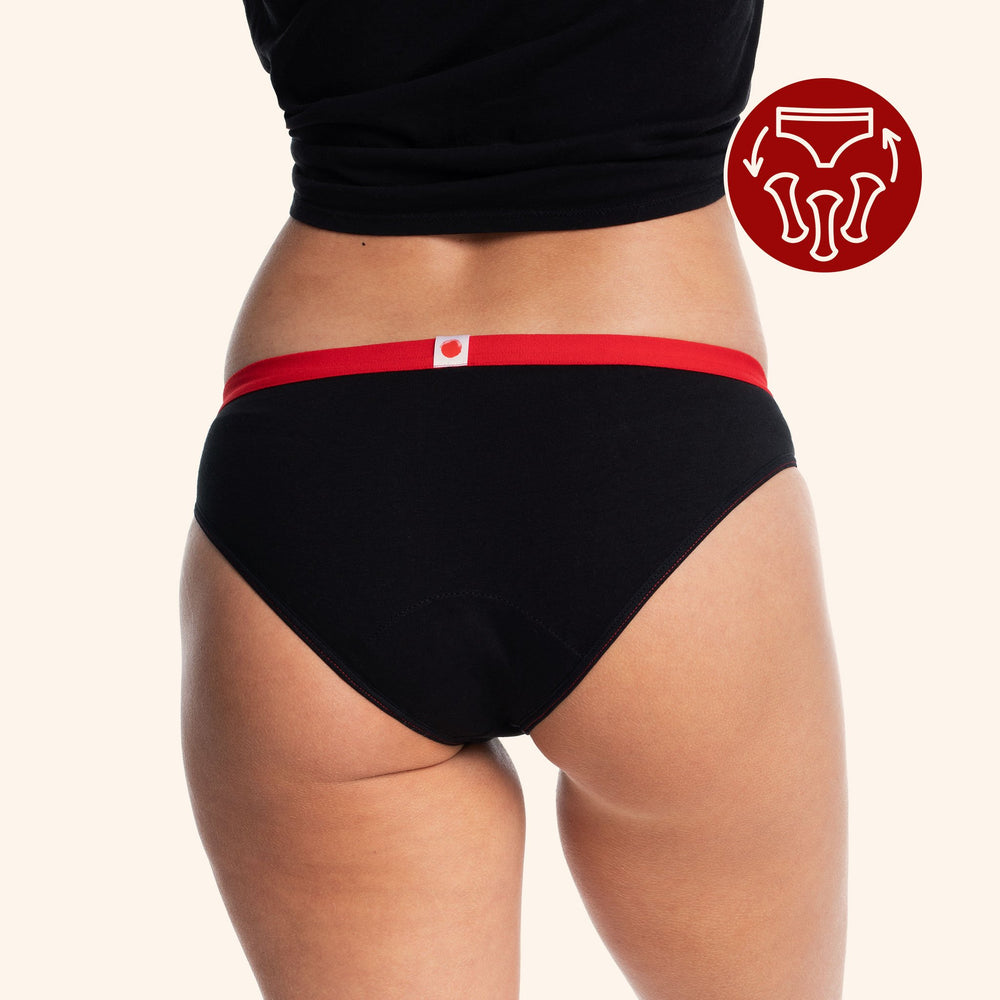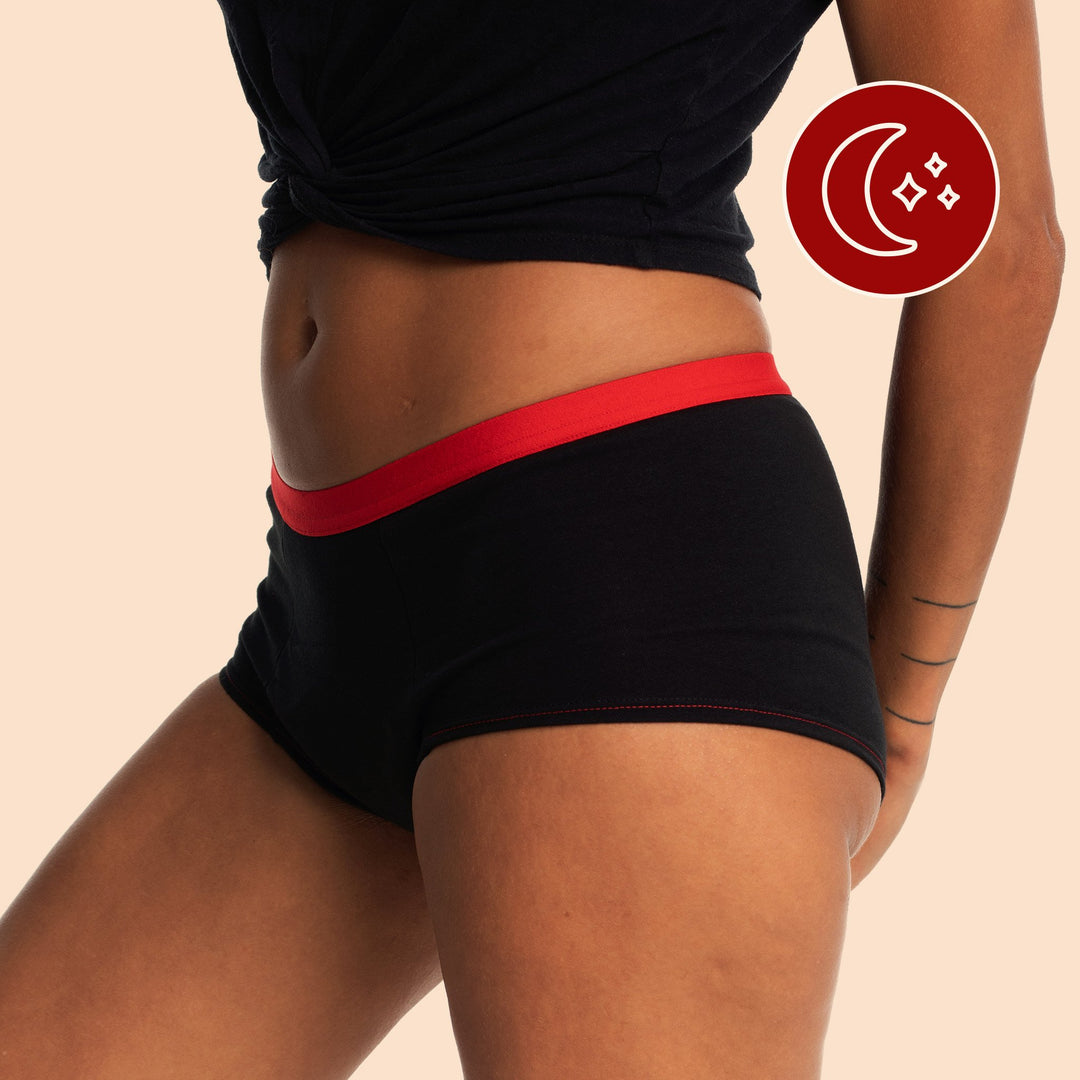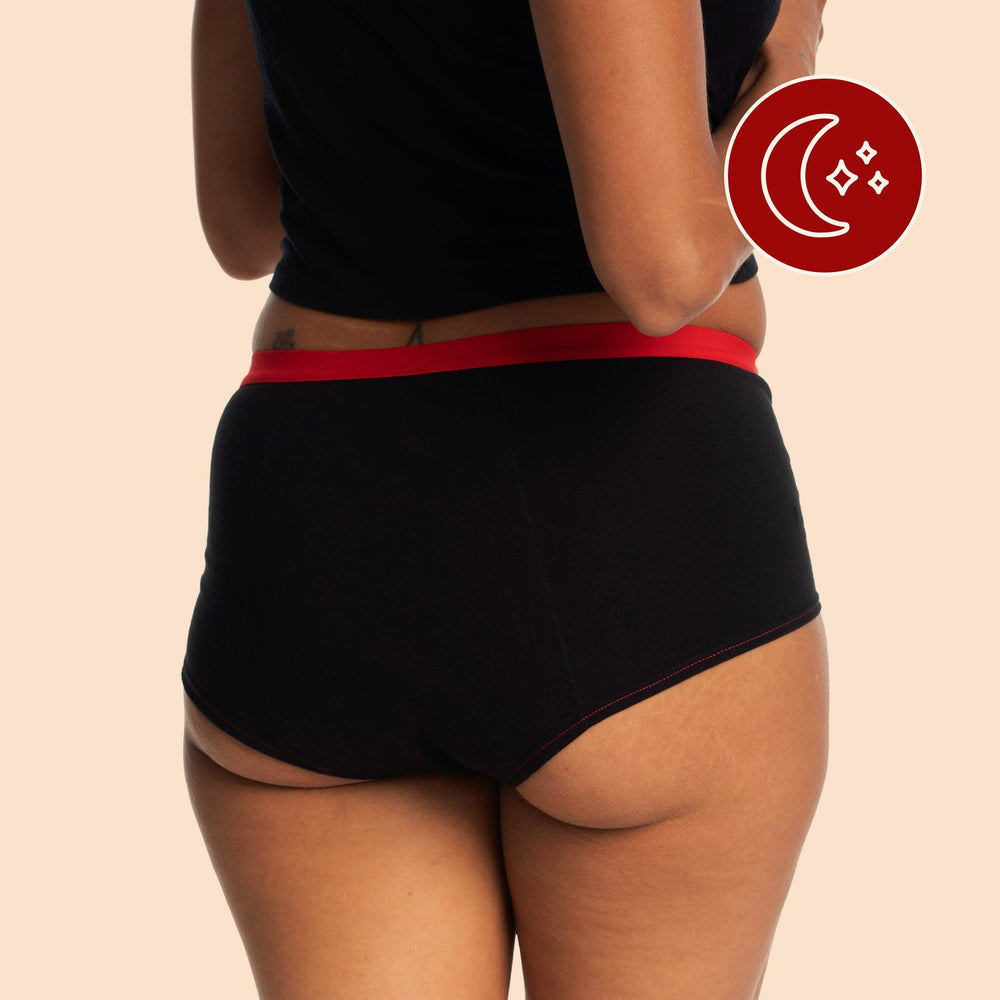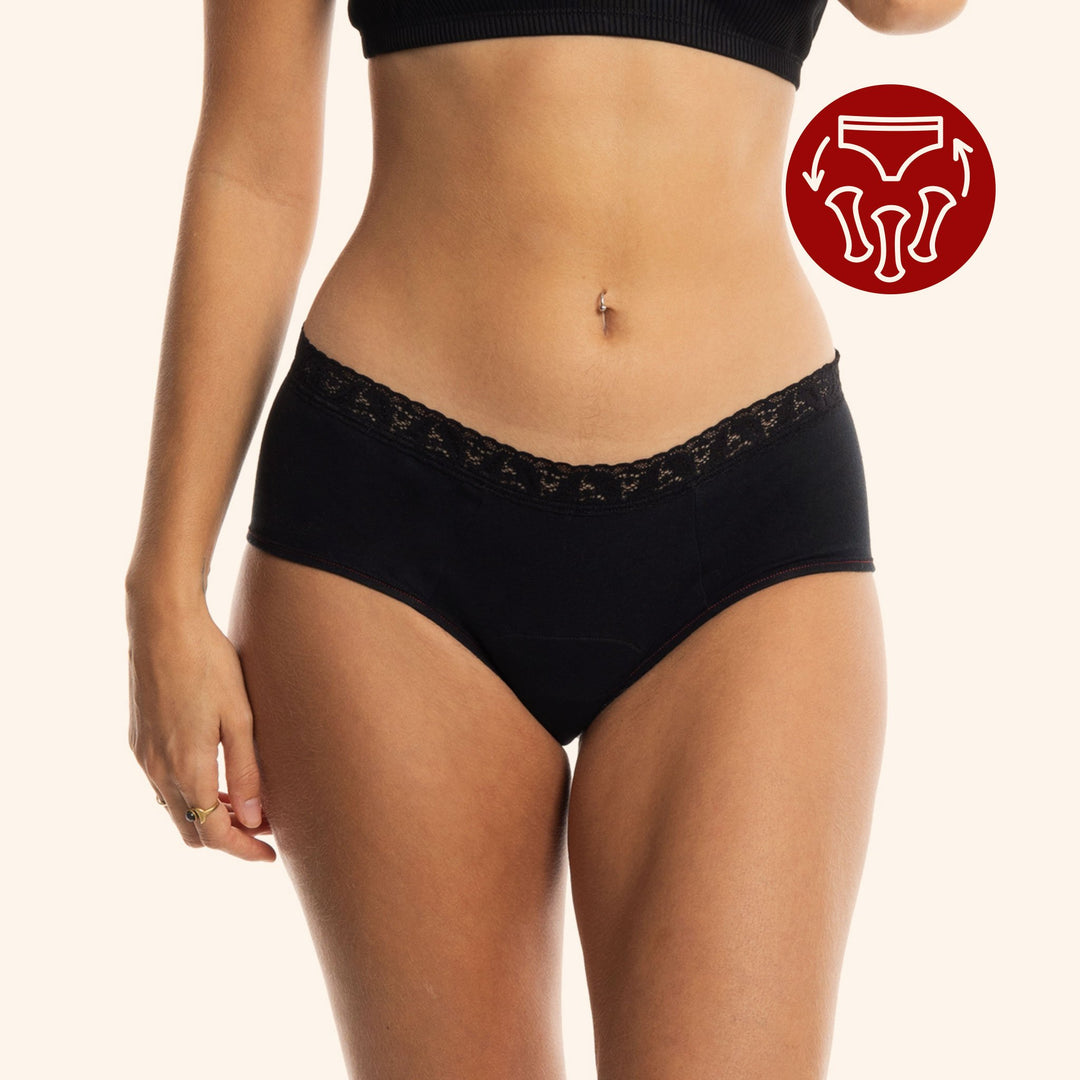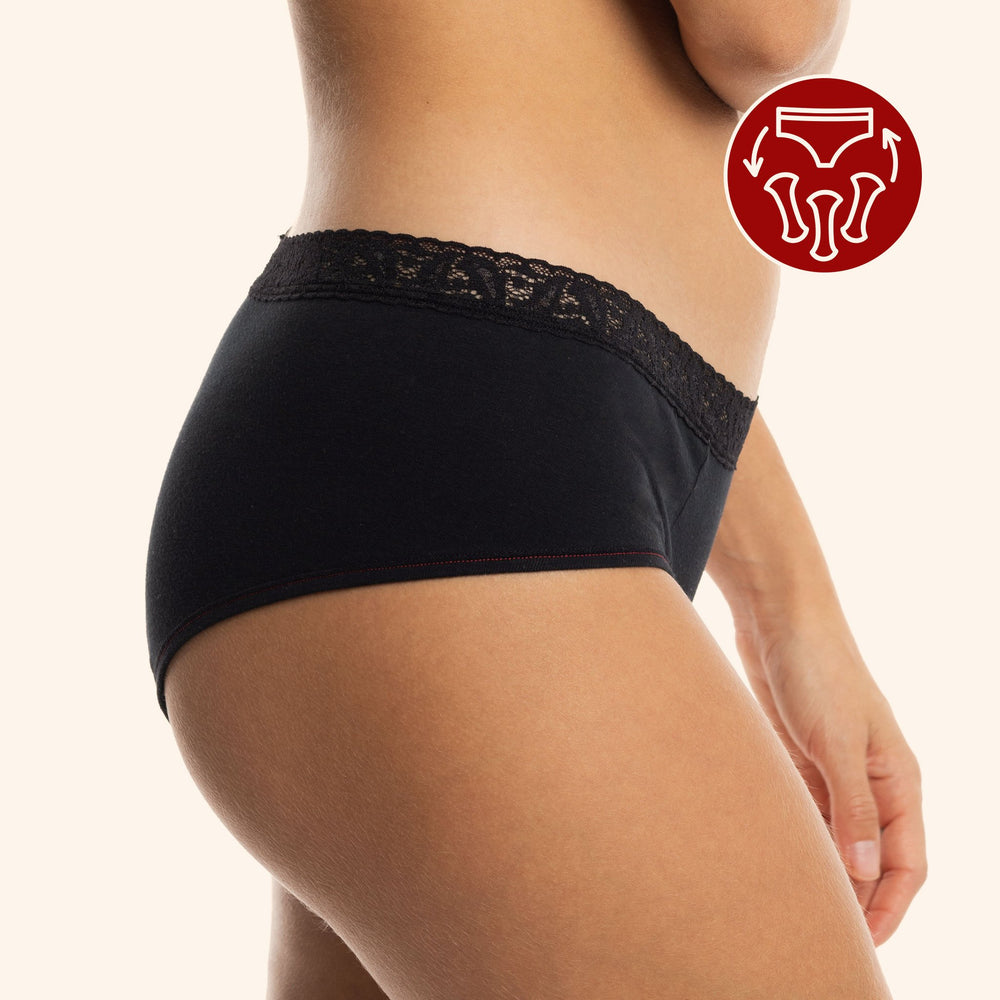
We want to, but it's not always easy to get to zero waste, Mme L'Ovary went to find the 9 to reduce her ecological footprint on a daily basis and progress smoothly!
For the Red Table in April, we were really inspired by Mother Earth to address a theme that is particularly close to Mme L'Ovary's hearts: zero waste!
Special guest: Mélissa de La Fontaine
Specialist in zero waste lifestyle and responsible consumption and co-founder of the Incita Cooperative.
Through more than 200 conferences and workshops that have allowed her to reach more than 10,000 people, Melissa had the chance to share her thoughts and suggest concrete solutions to live better, with less on a daily basis.
Melissa's initial inspiration?
Béa Johnson, who had managed to generate only 1 litre of waste in one year! After working for 10 years on film sets, on New Year's Day 2013, Melissa made her first resolution of her life: sustain ecology on a daily basis.
[block id="27869"]
The problem of waste
- Organic matter in landfills does not compost at the sites. They need air to decompose. Often, they are locked in plastic bags. This creates methane, a gas 23 times more powerful than Co2. So it's super important to compost!
- Of the 100% of the materials discarded, 70% are materials that could be reused, recycled or composted.
- The landfills are full. Owners are making requests to expand sites, so natural environments will have to be destroyed to create new sites.
Melissa strongly suggests that you visit landfills, ecocentres and wastewater treatment sites to understand the magnitude of the situation. Why not go with the kids?
The basics of zero waste
- Do NOT put pressure on yourself; everyone has their own way of adapting their lifestyle.
- The goal is to STRIVE towards zero waste, not to be perfect.
- Respect your personal limits, do not go against your preferences (e.g. reusable tissues disgust you? Don't go there!)
- Start with what you like, and what you're excited about.
- Also respect your health limits (e.g. allergies) and your living condition (e.g. cat, friends, access to bulk stores, etc.)
- There are no regulations for zero waste. Don't let other people's comments influence you. There is no zero waste policy! If you are criticized, just leave the conversation.
The 4Rs (in order of importance)
- Refuse. Simply put, don't consume something. (e.g. coffee cups, straws, grocery bags, overpackaged products, gifts, take-out, plastic utensils, etc.).
- Reduce. Decrease the amount of objects or resources used. (e.g. water, clothing, shoes, animal products, toys, make-up, travel, hygienic products, etc.).
- Reuse or repair. Use an item for multiple functionsor buy used. Repair what we already have (e.g. Mason jar, cloth fabrics, borrow tools from neighbours, etc.).
- Recycle and compost.
And also:
- The best alternative to straws is not a reusable straws, but the REFUSAL of straws, straightforwardly.
- Do not buy zero waste "'thing-a-madgigs", REFUSE them in the first place.
Some facts about the pandemic:
- Buying in bulk is safe
- Disposable is no safer than reusable
- No cases of surface contamination have been identified
- MAPAQ has never banned reusable containers
Tips and tricks
- Alternative to paper towels: rags.
- If you find that everything is complicated, it's because you're not trying the right thing for you.
- Zero waste moisturizer: wet your face and apply jojoba oil.
- Exfoliating: coffee grounds.
- Deodorant & balm recipes are easy to find.
- Bidet: super nice! Melissa's passion.
- Zero waste doesn't take more time or money. It's only a different distribution.
- Take your time in the transition.
- Does zero waste make you anxious? Then you have gone too far. Take a step back and let it go!
The benefits of zero waste
- Health
- Simplicity
- Autonomy
- Quality VS quantity
- Responsible consumption
- Coherence
Why are more women moving towards zero waste? Here are some hypotheses:
- Women need coherence before talking about a topic (it comes from a cultural background).
- Everyday life, "care", cleaning and groceries are culturally associated with women.
- Women are naturally more empathetic.
- Zero waste marketing is aimed at women.
- Greater autonomy is often assigned to women.
To conclude:
Moving to a healthier lifestyle for the planet is more accessible than we think! There are several simple tricks to progress towards a zero-waste lifestyle. Just go slowly, at your own pace.
You can also get Melissa's book, Moving Towards Zero Waste.







